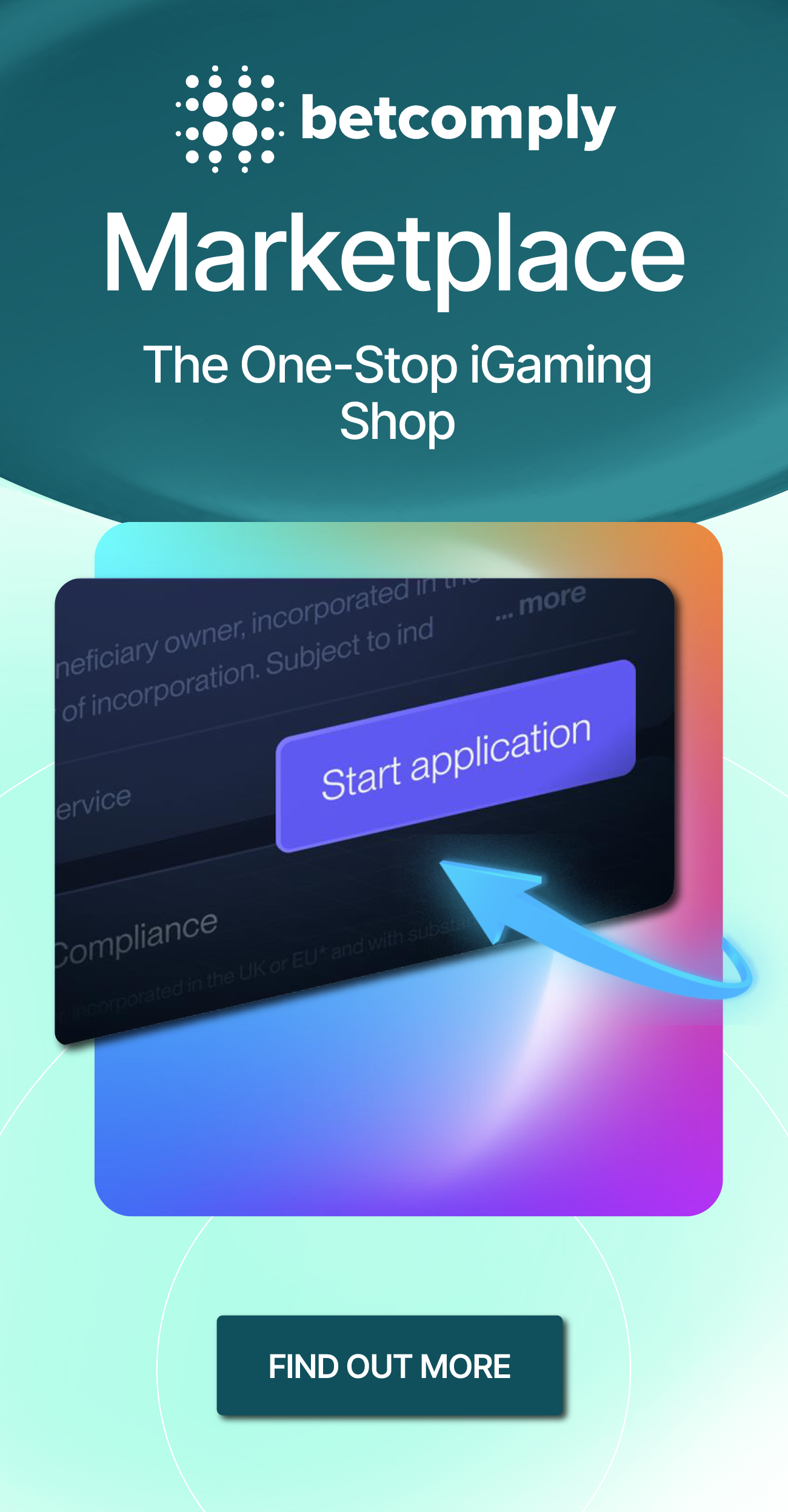There was a time when compliance and responsible gambling were the preserve of the operator, writes BetComply Operations Director Loes Wetzer.

But today, as Denmark becomes the latest jurisdiction to introduce dedicated B2B licences, the regulatory burden, increasingly, is falling on suppliers.
The Danish Gambling Authority’s (DGA) introduction of a new B2B licensing regime is the latest game-changer in an ongoing trend that’s seeing suppliers being held to greater account when it comes to player protection.
Now–across a fast-growing list of jurisdictions–suppliers are expected to play a full role and display a more complete ‘duty of care’ towards their players.
Over the last couple of years, regulators have taken a more hands-on approach to suppliers and we’ve seen how technical Compliance requirements might help deliver greater protection to the end-user, our customers.
The ban on bonus buy games by regulators in the UK and the Netherlands is just one of many examples of the type of actions that are forcing suppliers to adapt in certain markets. And I wouldn’t be surprised to see many more following this lead.
Progressive Model
As for Denmark, the country was one of the pioneers of the ‘dot country’ model of gaming regulation, rolling out its framework back in 2012.
In many ways, Denmark has set the standard in iGaming licensing, and it’s been a progressive model in this regard for well over a decade.
While Denmark was considered a heavily-regulated jurisdiction, until recently it did not require suppliers to obtain a dedicated licence in the market.
Following an amendment to the country’s Gambling Act, which passed the Danish parliament earlier this year, that has now all changed.
It means that from the start of the New Year 2025 suppliers of games must have a licence from the DGA if they wish to supply within Denmark.
Similarly, platforms and other business systems must also be vetted by the DGA’s new certification program.
Thankfully, the DGA has been clear and communicative about the entire process. But, I believe, it will still trip-up some suppliers who are not prepared.
Groundhog Day
Delivering iGaming technology on a B2B basis to Regulated markets has never been tougher.
The direction of travel is clear: We’re only going to see more jurisdictions introducing similar supplier licences – as Denmark has done.
The fear for these suppliers is to get trapped in what I call a certification “groundhog” loop, where they are constantly re-submitting games, or other products, in an attempt to get them approved, only to find the regulator requires yet another change they did not account for.
This is bad news for the ultra-competitive world of casino games.
Remember, studios are increasingly consumer-facing companies these days. Players seek out titles from their favourite supplier, and the right logo on the corner of a thumbnail is often a decisive factor in where a player clicks.
This means that new games ideally should be released simultaneously across all markets. It makes marketing the titles considerably easier and more efficient.
This is the standard that online casinos should be striving for.
For example, you wouldn’t expect Netflix to stagger the release of its latest blockbuster across different countries.
King Compliance
But the challenge, as new jurisdictions like Denmark add supplier licences, is meeting the different technical requirements on a market-by-market basis without delaying the big launch, which makes it particularly difficult for small-to-midsize companies, who often lack a large-scale Compliance resource.
There’s no silver bullet for tackling the challenge.
Instead, it requires a fundamental shift in mindset to prepare not just for the new Danish regulations, but for the broader changes we’re seeing from regulators globally.
What does this look like? It’s about placing Compliance at the heart of your business. The days when certification was a simple box-ticking exercise are over. Compliance needs to be front-of-mind from the moment a game or product is conceived, all the way through to its delivery.
To execute this requires a team that understands these issues. Developers, product marketers, even artists, need to be aware of the regulatory implications of their decisions.
Taking a genuinely 360-degree view of Compliance across an entire business has never been more important, because this is about more than a new B2B regime in a single market.
Most significantly, it’s the latest affirmation of the direction our industry is heading in.
And those who find a way to thrive in Denmark, and elsewhere, will be in a strong position to tackle Regulated Markets around the world for years to come.





